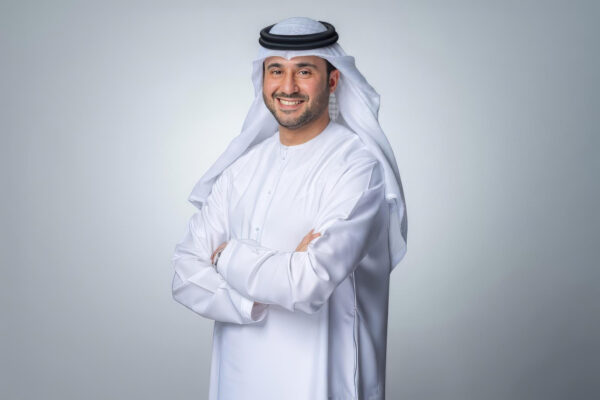By Ali Al-Shammari, CEO of Global South Utilities, a subsidiary of Resources Investment in Abu Dhabi.
Today, the real question is no longer “Why invest in countries of the global South?” but rather “How to redesign the map of global investment to fully include them?” According to some international studies, countries classified as belonging to the global South will represent approximately 54.5% of the global GDP in 2025. Yet, they continue to be perceived, in many analyses, as areas marked by development gaps, rather than future poles.
For decades, major investments have headed north, where markets are stable, infrastructure is ready to use, and models are replicable. The South, from sub-Saharan Africa to the islands of the Indian Ocean, from the edges of Asia to the margins of Latin America, has long been relegated to the margins of maps – seen as a challenge, rarely as an opportunity. But at Global South Utilities, our perspective is different. These countries are not lacking in potential, but in commitment. They do not suffer from a lack of growth, but from a lack of confidence. Their progress does not depend on short-term contracts, but on long-term visions.
We do not see the South as a geographical direction, but as a vibrant human space full of life, ambition, and future. Where needs are real, the impact is multiplied. And that is where each power plant can become a gateway to education, health, employment, and stability.
Our journey to the South began in N’Djamena, the capital of Chad. It was our starting point and the concrete embodiment of our belief: building infrastructure in the South is not an engineering choice, but a sustainable commitment. There, we laid the foundations for a clean energy project serving local communities, in direct partnership with the government. In the Central African Republic, we launched the first utility-scale solar energy project. In Madagascar, we are preparing to bring electricity to communities that have never had access to it. And in other countries, we are moving forward quietly, through partnerships that respect sovereignty and focus on humanity.
What we are doing is not charity, it is investment. It is not an adventure, it is strategic planning. Each step is carefully thought out: feasibility study, building alliances, involving communities to ensure long-term sustainability.
The issue in the South is not a lack of capital, but insufficiently attentive economic insight. In these cities that grow far from the radar, where data is lacking and forecasts fail, markets emerge from need, not spreadsheets: the need for water, energy, infrastructure that may not shine in financial reports but transforms lives. In the South, opportunities are not only measured by traditional indicators, but by the concrete change brought about by electrifying a village, opening a school, or connecting a city to a reliable network.
Those who think this is marginal have not yet understood that the boundary between center and periphery is not geographical – but economic and strategic.
And in this South where we work, we also see the reflection of another experience: that of the United Arab Emirates. A country that has not built its model on abundance, but on will. A country that looks at the South not with superiority, but with understanding. The UAE knows that development does not start with wealth, but with a clear vision. They know that it takes courage to act before ideal conditions are met.
When the UAE invests in infrastructure or energy abroad, they export a successful model based on the balance between ambition and respect, partnership and sovereignty, profit and human impact. The role of the UAE in the South is not measured by the amounts invested, but by the institutions they leave behind, the influenced policies, the transformed lives.
We come from an environment familiar with rapid growth. In less than half a century, the UAE has gone from desert dunes to a global hub for energy, technology, and finance. And we carry a clear message: development is not the monopoly of anyone. Transformation starts with a decision. The Emirati experience has proven that when a vision is combined with trust and real investment, it can change lives.
Countries in the South are no longer on the margins. They are now the center of a new economic narrative. But who will write the first lines? Who will build? Who will have the courage to go there and stay?
At Global South Utilities, we do not speculate. We believe. We believe that the story of clean energy begins not in capitals, but in villages waiting for light. That is why we go to the South. Not just for returns. But to build a common future.
Because the South does not need to be saved. It needs to be believed in. It needs to be treated as it truly is: a partner, a continent, and a new center of gravity in the world.


